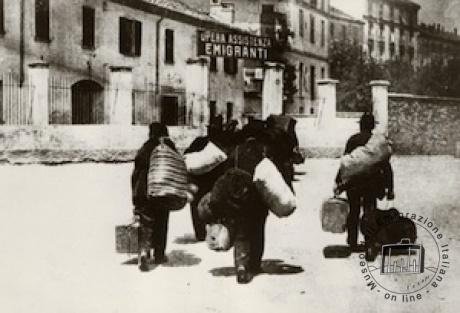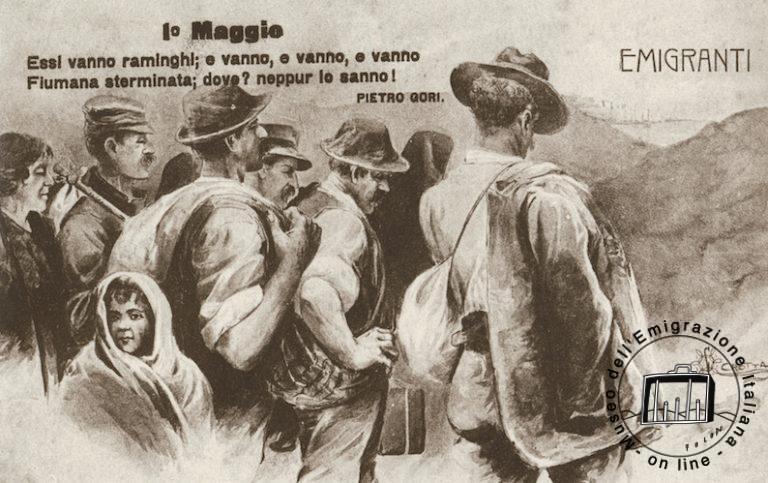In order to coordinate and promote state assistance to emigrants only at the end of January 1901, after years of parliamentary debate, the General Commissariat of Emigration was established, which was to be the single center of competence in this matter hitherto dispersed among many ministries. The law attributed to the Commissariat a whole series of tasks ranging from assenting to the appointment of carriers' representatives to supervising their activities, from assisting emigrants in ports, en route and abroad to protecting emigrant women and children, from repressing clandestine emigration to collecting and disseminating useful news to emigrants.
Alongside it, the Emigration Fund was created to finance the expenses of the various services with income from carriers and emigrants themselves.
The Commissariat also had the task of warning emigrants of the numerous deceptions that emigration agents, operating in both departure and arrival countries, carried out against them.
Prior to its creation, assistance was the prerogative of a number of private institutions. Monsignor Giovambattista Scalabrini founded, in 1887, the Opera della pia società dei missionari di San Carlo that cared for emigrants in Europe, the Americas and Australia, which is still operational today and known, from its founder's name, as the Scalabrini Congregation.
Later, in the last years of the century, the Società Umanitaria was born, of secular and reformist inspiration; soon after, the Catholic Opera Bonomelli operating only in European and Mediterranean countries. In the United States, the initial exploitation of the emigrants found an increasingly robust embankment in a welfare structure, the Catholic St. Raphael's Italian Benevolent Society.








